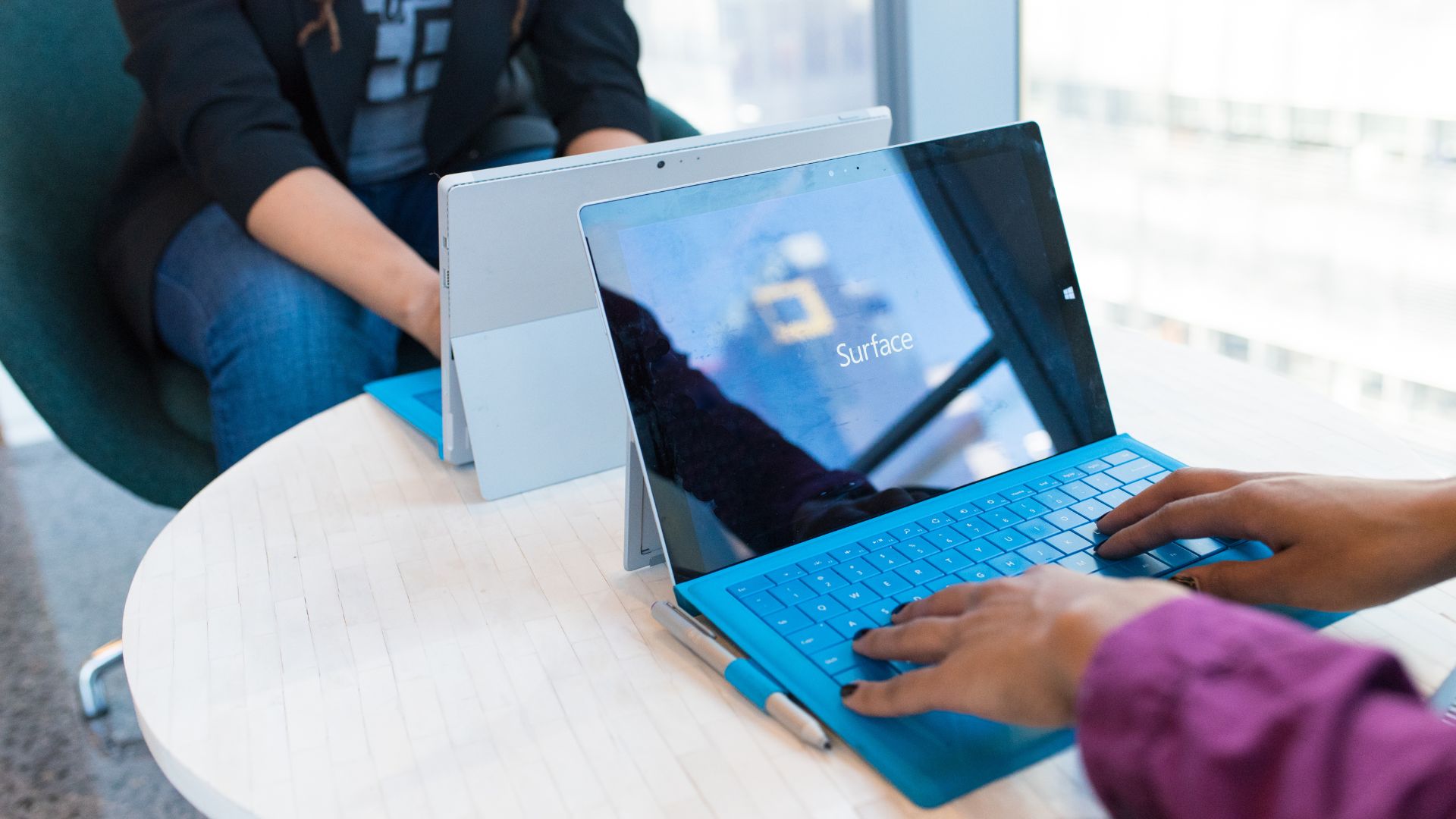NEW YORK (awp international) – The US stock markets plummeted on Tuesday after a long weekend. After the holiday the day before, disillusionment and worries shaped what happened. Relief over talks between the US and China to potentially roll back some of the trade tariffs introduced under Donald Trump once again gave way to stubborn fears of a recession.
Data from Europe also made sure of that this time. According to a second estimate, business sentiment in the euro area clouded over significantly and fell to a 16-month low. In the US, on the other hand, although surprisingly good industrial orders data were published for the month of May, such data have become secondary in view of the prevailing supply chain problems and the resulting backlogs.
The leading index Dow Jones Industrial fell in early trading by 2.20 percent to 30,412.45 points, thus expanding its slightly more than one percent loss from the past week. The market-wide S&P 500 fell 1.89 percent on Tuesday to 3753.15 points. The tech-heavy Nasdaq 100 fell a more modest 0.76 percent to 11,497.78 points, but was down just over four percent over the past week.
In mid-June, the Dow had fallen to its lowest level since late 2020 at just over 29,650 points and has since recovered somewhat. Above all, it was hopes for a more moderate turnaround in interest rates in the USA that had given the most well-known Wall Street index some impetus. But at the same time, concerns about inflation and recession keep flaring up.
How strong these are is also made clear by the 20-year low of the euro compared to the US dollar on that day. It reflects the increasingly weakening economy in the eurozone. At the same time, the dollar is benefiting from its reputation as a relatively safe haven and the Fed’s aggressive pace of rate hikes. The US economic prospects, however, are now assessed by JPMorgan as poor as in Western Europe. The economists at the US bank therefore cut their estimates significantly. For the question of whether weak growth will ultimately turn into a recession, the reaction of companies is decisive, they wrote.
Among the individual stocks, shares of economically and capital-sensitive companies were particularly weak. Boeing, for example, lost 2.9 percent in the Dow. Nike, meanwhile, rose 1.6 percent at the top of the Dow, but had only fallen to its lowest level in around two years on Friday.
The papers of the corona vaccine manufacturers were positive – even if there was rather negative news about Biontech. The Tübingen biotech company Curevac filed a lawsuit in Germany against Biontech and two subsidiaries. The company speaks of patent infringement. It is about the vaccine Comirnaty from Biontech/Pfizer (Germany/USA). Curevac rose 0.8 percent, Biontech even 2.0 percent, while shares in Biontech pharmaceutical partner Pfizer fell 2.8 percent. In the Nasdaq 100, the shares of the competitor Moderna also increased by 3.1 percent./ck/stw
–

